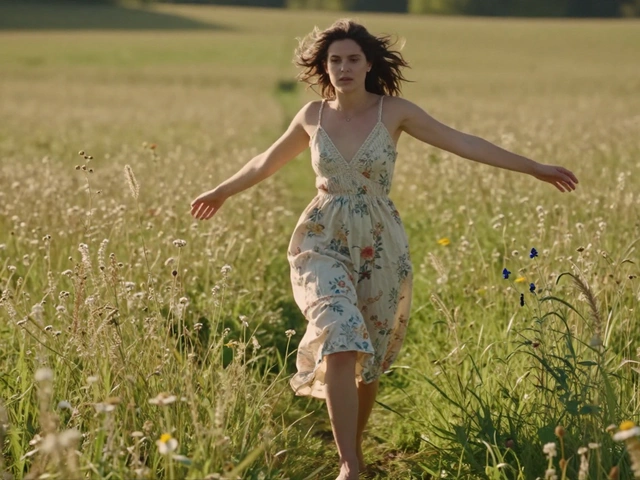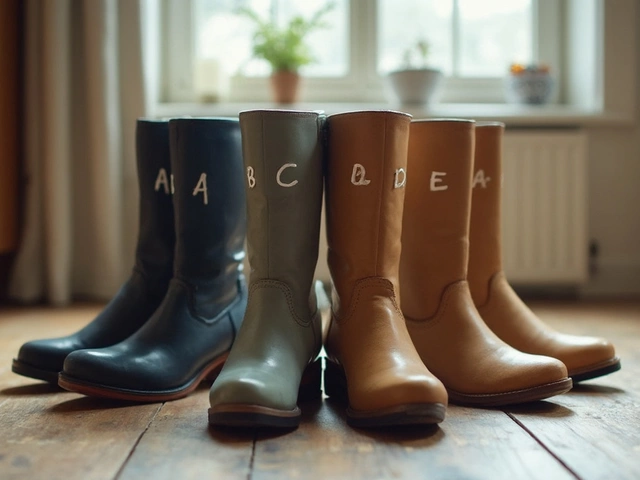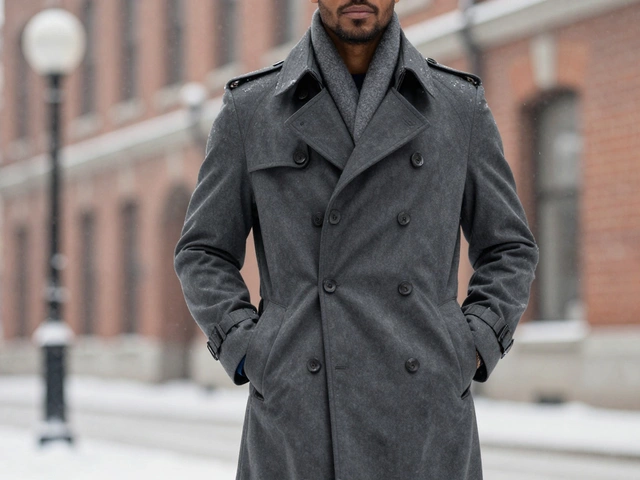Scottish slang you need to know right now
Ever been in a pub in Edinburgh and heard someone say "chimmy" or "bairn" and thought you missed the joke? You’re not alone. Scottish slang is full of short, punchy words that tell you a lot about the speaker’s personality and the region. This guide pulls together the most useful phrases, explains what they mean, and shows you the best moments to drop them.
Everyday words that instantly sound Scottish
Wee – You’ll hear this a lot. It just means “small” or “little”, but it can describe anything from a “wee dram” (a small drink of whisky) to a “wee lad” (a small boy). Use it any time you want to sound friendly and relaxed.
Bairn – Means “child”. It’s a classic term you’ll hear in the Highlands and the Borders. "Are the bairns ready for school?" works in any casual conversation.
Glesga – The nickname for Glasgow. If you’re talking about the city’s vibe, saying "I love Glesga’s music scene" instantly shows you’re in the know.
Blether – A verb and a noun. To "blether" means to chat away, often about nothing important. "We sat around blethering all night" paints a picture of a relaxed, long conversation.
Messages – In Scotland, "going for a messages" means you’re going shopping for groceries. It’s a handy shortcut that locals love.
When to drop the slang and why it works
Timing is everything. Use these words when you’re with friends, at a casual bar, or in a relaxed setting. Tossing them into a formal business email can look sloppy, but slipping them into a quick text to a mate feels natural.
Notice how many of the blog posts on our site use everyday language that mirrors Scottish slang. For example, the article about "What Do British People Call Pajamas?" uses the UK spelling "pyjamas", which feels more familiar to a Scottish reader than the American "pajamas". That subtle consistency helps readers feel at home.
If you’re unsure, start with the safest option: "wee". Almost anyone in Scotland will understand it, and it rarely sounds forced. From there, add "bairn" or "blether" when you feel more confident.
Remember that tone matters too. Scottish speakers often use a light, friendly tone with these words. If you sound too serious, the slang can feel out of place. Imagine you’re chatting over a cuppa and keep the conversation relaxed.
One more tip: watch local TV shows or listen to Scottish radio. Hearing the words in context helps you nail the pronunciation and rhythm. Shows like "Still Game" or radio stations like BBC Radio Scotland are gold mines for hearing slang in action.
Now you have a starter pack of Scottish slang. Try using "wee" and "blether" this week and see how people react. You’ll quickly learn which words feel natural and which need a bit more practice. Happy chatting, and enjoy the charm of Scotland’s unique language!

Scottish Sneaker Terminology: Understanding Local Trainer Lingo
In Scotland, what many of us refer to as sneakers are more commonly known as trainers. This article explores the unique terminology used in Scotland and delves into the cultural and historical reasons behind this choice. We also share interesting anecdotes and tips for those looking to purchase shoes in the region. By understanding the local lexicon, visitors can navigate conversations and shopping trips with ease. Dive into this guide to get a glimpse of Scottish culture through the lens of footwear language.




